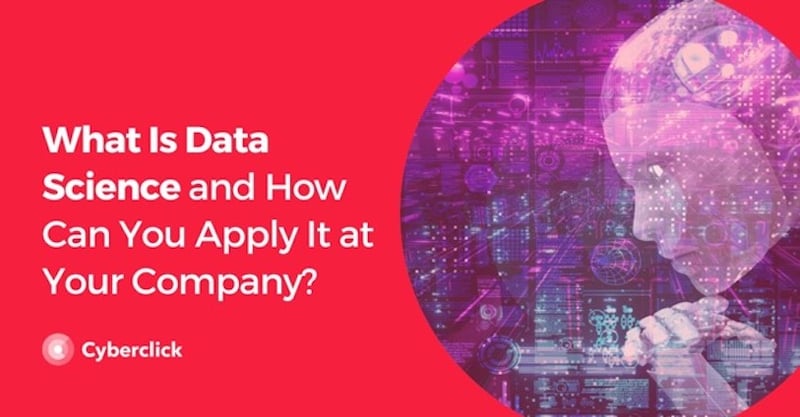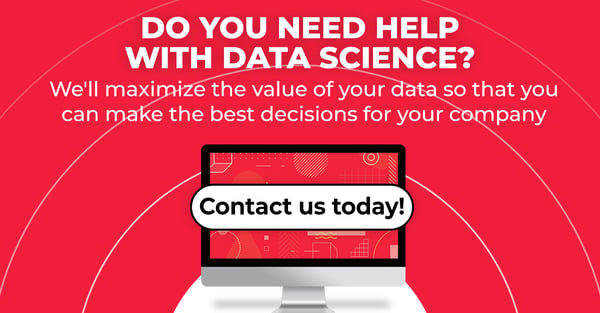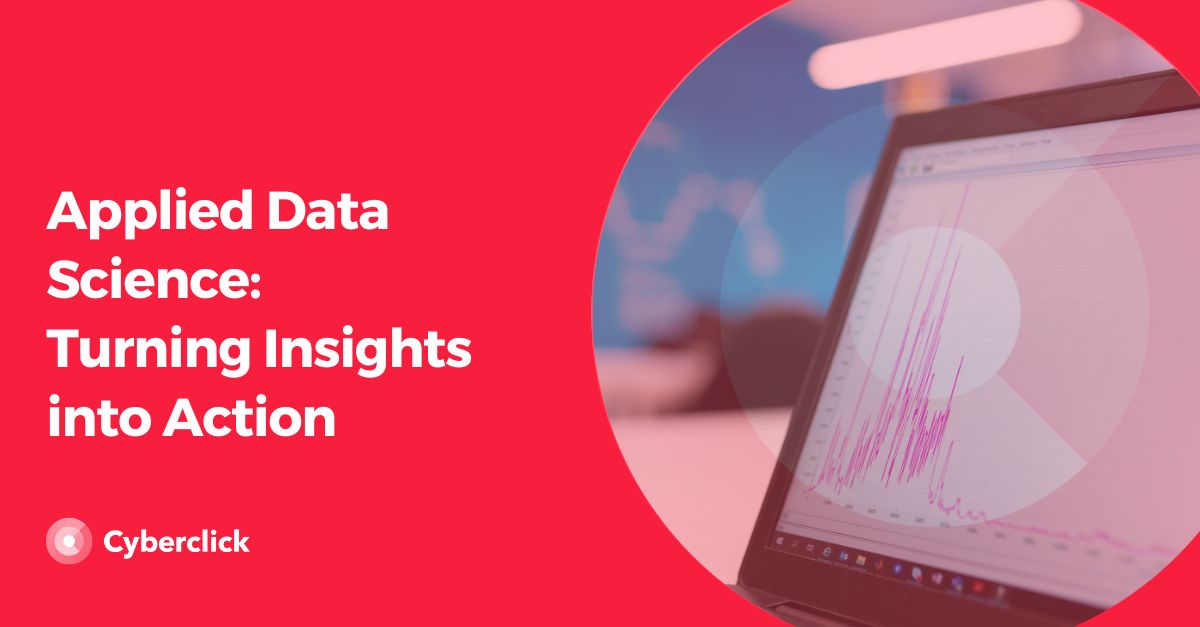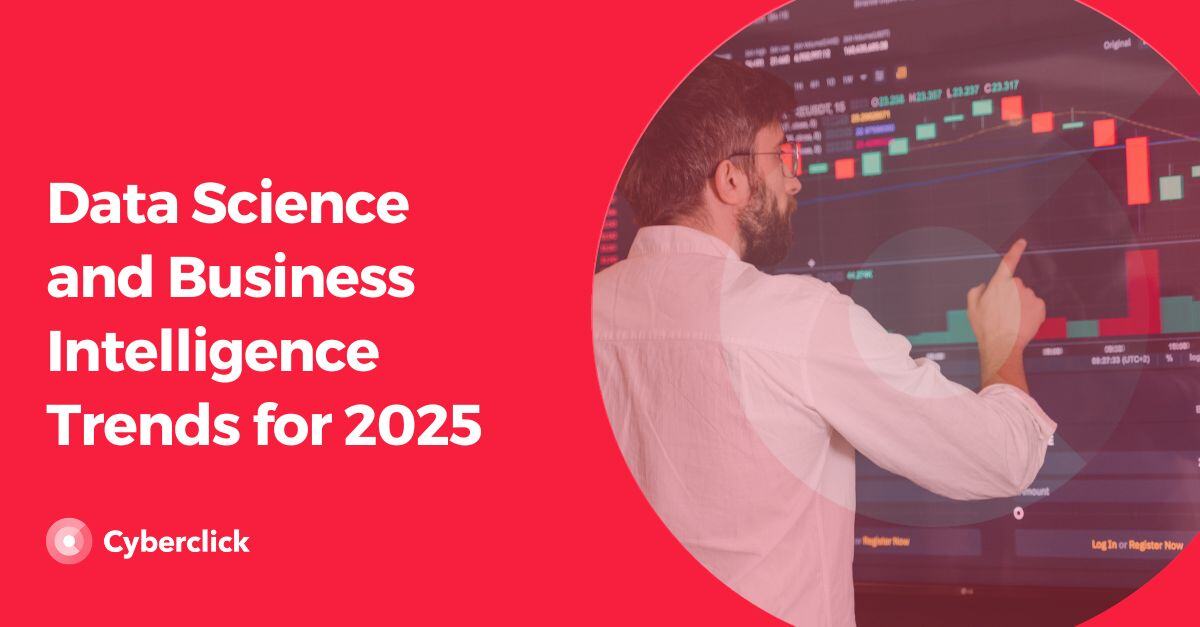Data science is a widely discussed term in marketing, but there is often some confusion regarding its precise definition. Many wonder if data science is synonymous with data mining and what professionals in this field are called. How does big data fit into these concepts? To clarify these aspects, let’s delve into the definitions of data science and its relevance for brands.

What Is Data Science?
Data science refers to the collection of tools and techniques designed to extract meaningful insights from raw data. It integrates several fields, such as statistics, mathematics, programming, and an understanding of business principles and how they relate to specific industries
In essence, data science can be considered an “umbrella concept” that covers a variety of utilities and processes. Let's look at some related terms to explore this field further.
Data Mining
Data mining refers to the process of extracting potentially valuable information from seemingly chaotic or unstructured data. It involves obtaining raw data, which is then transformed to produce meaningful insights that benefit a brand.
The main phases of this process are as follows:
- Data collection. In this phase we gather and stores all relevant information in a database. We use various methods including data collection from devices (Internet of Things), web crawling, form generation, API requests, and more.
- Preprocessing. Once the data is collected, it needs to be prepared in a format suitable for analysis. This is where data science techniques, such as variable discretization, dimensionality reduction, normalization, or quantification, come into play.
- Algorithm training. As its name suggests, this phase consists of "training" the machine learning algorithm using the collected data. Over time, the algorithm progressively learns to process our data more efficiently to obtain the information we seek.
- Testing. There are multiple machine learning algorithms available in data science, so the optimal solution can vary. You may need to take some time to determine which best suits your brand's needs. For this reason, experimental trials are essential to make informed decisions.
-
Data visualization and interpretation. Finally, you need to present all the information you have obtained in a visual way, allowing for meaningful conclusions to be drawn. Specialized data visualization tools can be used to effectively communicate and interpret the insights derived from your data.
Big Data
The term "big data" refers to the discipline that works with large data sets that may require multiple computers for processing. In data science projects, it's common to encounter large volumes of data, making using this term appropriate. Furthermore, big data represents a significant trend with immense potential in the future, considering the exponential growth of information generated from daily interactions with devices and systems.
Artificial Intelligence
In the context of data mining, artificial intelligence plays a crucial role primarily through the application of machine learning algorithms, like decision trees or neural networks. Though artificial intelligence is used in data science, its applications extend far beyond this field.
Artificial intelligence includes various systems and tools designed to replicate human logical reasoning. This offers numerous possibilities for AI in marketing, including developing chatbots that can interact with customer and optimizing social media advertising strategies.
Data Scientist
A data scientist is the professional responsible for designing algorithms used in data mining processes and presenting them in a way that's transparent and relatively easy to interpret. This role requires advanced knowledge of mathematics, computer science, and business.
Typically, a data scientist collaborates closely with a data engineer, who oversees the IT aspects of the project(s).
Due to the rapid growth of data science in recent years, it's no surprise that both professions are currently in high demand. As a relatively new field, the market demand for specialized professionals exceeds the current supply, making data science and data engineering highly attractive job opportunities.
The Benefits of Data Science for Companies
In today’s marketing landscape, we encounter data from various sources including search advertising, social media, web traffic analytics, display networks, videos, app installs and interactions, websites, CRM, and databases. This data is characterized by its large volumes and ever-increasing speed.
Effectively analyzing all this and obtaining high-level business intelligence poses a significant challenge. However, by applying data science techniques, you can obtain crucial information that will benefit your brand such as:
- Predict future user behaviors to make more informed decisions and reduce business risk.
- Detect anomalies such as cyber-attacks or fraud, which will enable you to take proactive measures to prevent potential losses.
- Anticipate user needs and personalize offers and content. This personalization increases the chances of conversation, similar to the successful strategies employed by companies like Netflix and Amazon.
- Designing successful products and establish patterns and trends in consumer preferences. This facilitates designing new products that are likely to succeed in the market.
- Achieving advanced marketing segmentation and user interaction that was previously impossible.

Data Scientist en Cyberclick. PhD en Astrofísica por la Universitat de Barcelona con más de diez años de experiencia en investigación mediante el análisis e interpretación de datos. En 2019 redirige su carrera profesional hacia el mundo del Data Science cursando el Postgrado en Data Science y Big Data de la UB, así como participando en el programa Science To Data Science (S2DS) en Londres. Actualmente forma parte del equipo de Data Science y SEM de Cyberclick.
Data Scientist at Cyberclick. PhD in Astrophysics from the University of Barcelona with more than ten years of research experience through data analysis and interpretation. In 2019 he redirected his professional career to the world of Data Science by graduating in Data Science and Big Data from the UB, as well as participating in the Science To Data Science (S2DS) program in London. He is currently part of Cyberclick's Data Science and SEM team.




.png)
Leave your comment and join the conversation